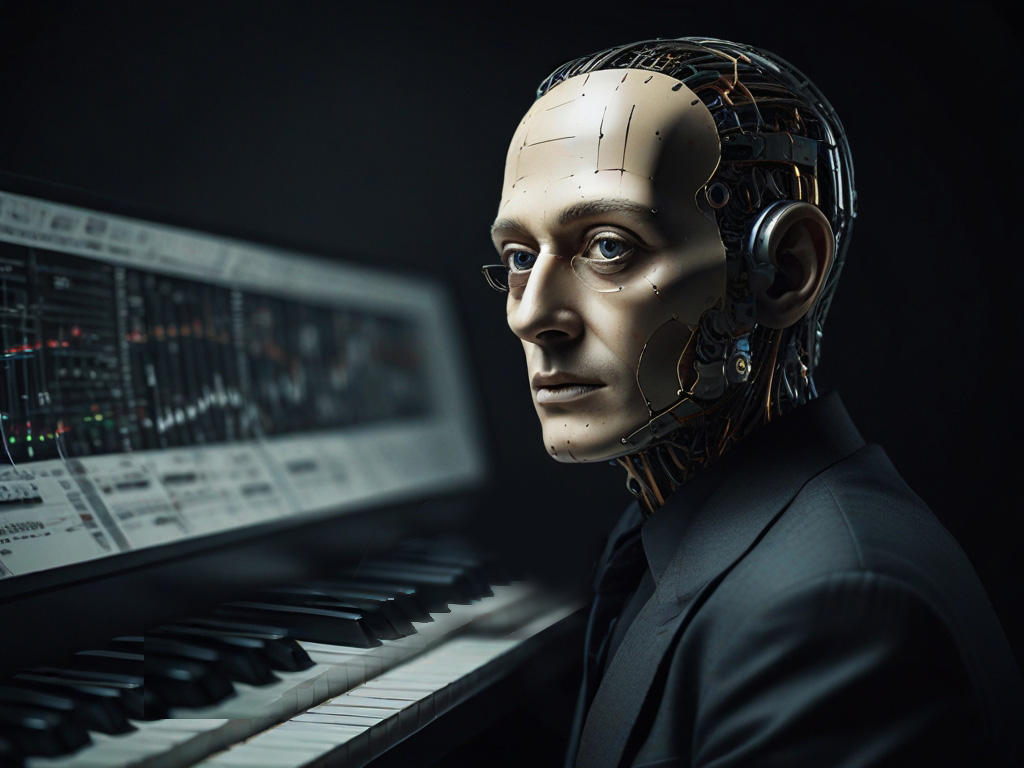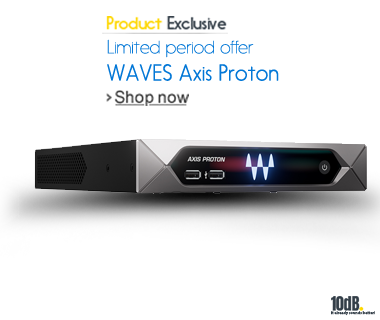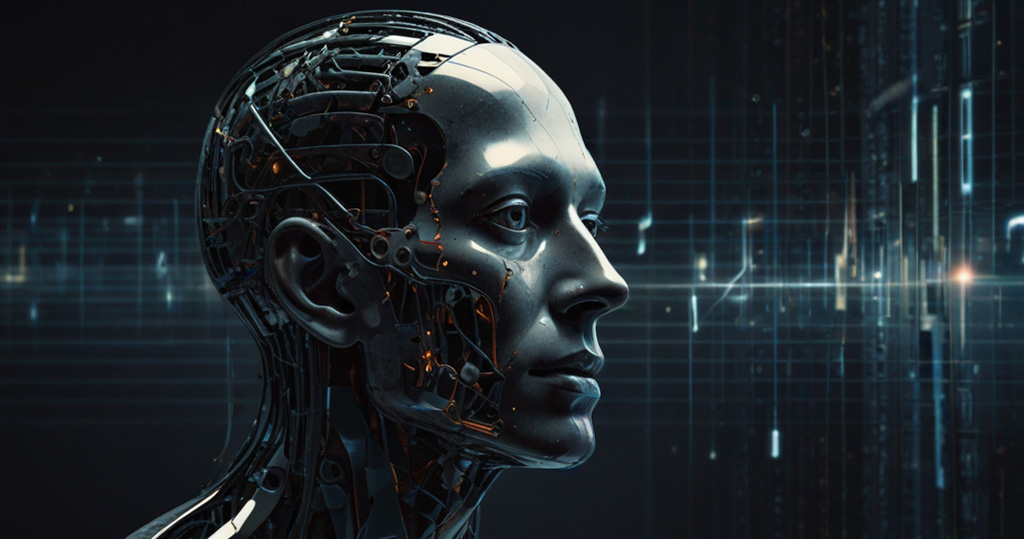The Technological Threat to Musicians and Composers
In our era, with the rapid advancement of smart technologies and artificial intelligence, the world of music is undergoing significant changes. This development also reflects growing concerns and fears about the future of musicians and composers in this advanced world. Indeed, as technology progresses and new tools such as automated learning and creation systems develop, an important question arises: Is the world of music facing the threat of obsolescence?
Technological Encroachment
1. Technological Advancement:
The feeling of apprehension primarily stems from technological developments leading to the production of music automatically, without reliance on musicians or composers. Tools like artificial intelligence algorithms are capable of creating new music, composing arrangements, and even responding to a wide range of musical styles.
2. Threat to Employment:
Advanced technology threatens to automate some of the job roles of musicians and composers. When automated systems can produce music quickly and efficiently, there is a concern that the creative and generative abilities of human artists may lose value in the job market.

Risks and Losses
This development could pose certain risks in the field of music:
1. Loss of Musical Identity:
When music is created automatically, there is a risk of losing musical identity and orientation. Works produced from automated tools may compromise the unique and personal quality that human artists bring to their creations.
2. Essential Economic Loss:
The development of technological tools could lead to the rise of free or very cheap music, which may diminish the value of musicians’ and composers’ creations.

Solution Methodologies
1. Integration with Technology:
Instead of resisting technological development, a more accommodating approach is to use it as an aid to musical creativity. Musicians can utilize technological tools to enhance and expand their creative abilities.
2. Focus on Human Uniqueness:
Human power is irreplaceable. Musicians can focus on creating unique works that have no technological substitute.
3. Innovation and Development:
Music is always evolving and changing. Musicians need to be open to technological innovations and changes to adapt themselves to the changing world.

Conclusion
In the digital and technological realm in which we live, the world of music is not immune to changes and challenges. However, there is no risk of extinction; rather, only adaptation to the changes taking place. Musicians and composers who preserve their ability for personal creativity, innovation, and creation will stand before it and survive in the new digital world. Instead of shooting towards technology as an enemy, they must connect with it as a partner in creation, contributing unique value. By combining technological capabilities with human creativity, the world of music can become more fascinating and captivating than ever before.
Expanding on the Future Prospects
1. Collaborative Composition:
One potential future lies in collaborative composition between human musicians and AI systems. This approach could combine the emotional depth and intuition of human artists with the computational power and versatility of AI, resulting in truly groundbreaking musical works.
2. Enhanced Accessibility:
Technological advancements have the potential to make music creation more accessible to a wider range of people. With intuitive interfaces and AI-driven assistance, individuals with limited musical training could engage in composition and production, democratizing the creative process.
3. New Avenues of Expression:
As AI systems become more sophisticated, they can provide musicians with novel tools for expression and experimentation. From generating complex musical structures to analyzing large datasets of musical compositions, AI can offer insights and inspiration that may have been previously inaccessible.
4. Preservation of Cultural Heritage:
Technological advancements can aid in the preservation and revitalization of musical traditions and cultural heritage. AI-driven tools can assist in transcribing and interpreting historical recordings, facilitating the study and appreciation of diverse musical styles from around the world.
5. Ethical Considerations:
As we embrace AI in music creation, it’s essential to consider the ethical implications. Issues such as intellectual property rights, algorithmic bias, and the potential for AI to perpetuate or exacerbate existing inequalities must be carefully addressed to ensure a fair and equitable musical ecosystem.

Looking Ahead
While the rise of technology presents challenges to the traditional roles of musicians and composers, it also opens up new possibilities for creativity, collaboration, and innovation. By embracing these opportunities and maintaining a balance between human artistry and technological prowess, the world of music can continue to evolve and thrive in the digital age. As we navigate this complex landscape, it’s essential to remain adaptable, open-minded, and committed to the enduring power of musical expression.




